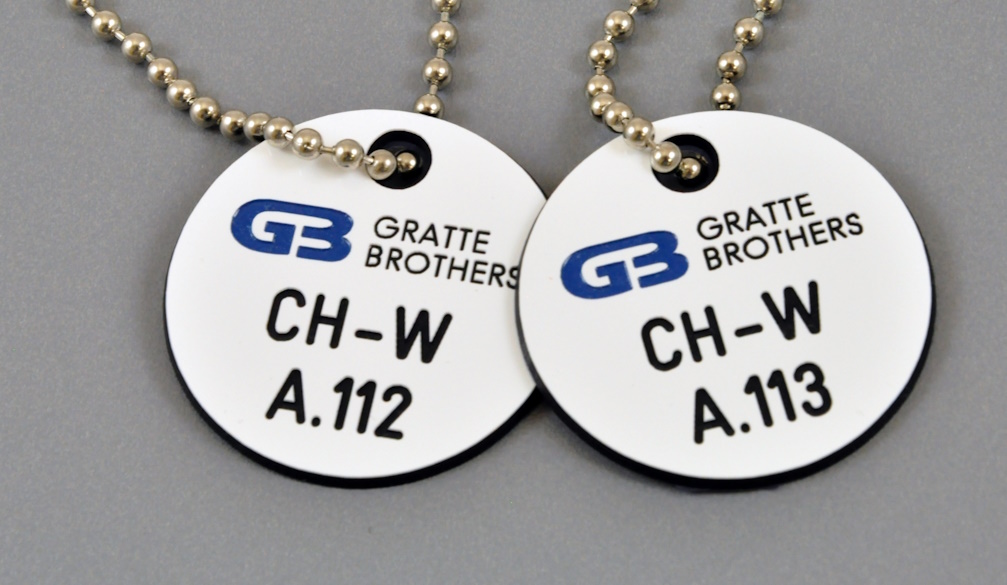From Hobbyist to Professional: A Comprehensive Guide to Laser Engraving at Home

Laser engraving has witnessed a surge in popularity among both hobbyists and professionals. What once was exclusive to industrial applications is now available for enthusiasts at home. As laser engraving technology has become more accessible and affordable, countless creatives have embraced it.
Whether you're looking to turn your passion into a career or simply indulge in a rewarding pastime, this guide will help you transition from a hobbyist to a professional in laser engraving from the comfort of your home.
Understanding Laser Engraving
Laser engraving, at its core, involves using lasers to etch designs onto various surfaces. This precise art offers a high degree of detail, making it ideal for intricate designs on materials like wood, glass, acrylic, metal, and even some fabrics.
Starting Out: Essential Equipment
-
Laser Engraver: A good quality engraver is a must. For beginners, a desktop model might suffice. As you advance, consider upgrading to a more robust machine.
-
Ventilation System: Given the fumes and particles produced during the process, it's vital to have proper ventilation in your workspace.
-
Protective Gear: Safety glasses are mandatory. The laser can cause irreparable damage to the eyes if precautions are not taken.
-
Software: While some engravers come with proprietary software, there are numerous third-party options available, tailored to varying proficiency levels.
Developing Skills and Techniques
-
Training and Workshops: It's advisable to attend workshops or training sessions, even if you’re starting as a hobbyist. Not only will these provide hands-on experience, but they'll also introduce you to the wider community, such as The Engraving People, who can offer invaluable insights.
-
Online Tutorials: There’s a wealth of knowledge online. Websites, forums, and video platforms can provide tutorials on everything from basic operations to advanced techniques.
-
Practice: Like any craft, practice is crucial. Begin with simple designs to understand the machine's nuances, then gradually move to more intricate projects.
Selecting the Right Materials
Understanding which materials are suitable for laser engraving is essential. Each material has its characteristics and reacts differently to the laser:
-
Wood: A popular choice due to its versatility. Hardwoods, like oak and mahogany, provide good results.
-
Acrylic: Produces a glossy finish. It's best to use cast acrylic rather than extruded.
-
Glass: Needs a gentle touch. Often, a coating is applied to ensure the design etches correctly.
-
Metals: Not all metals are suitable for laser engraving. Anodised aluminium and coated metals give the best results.
-
Leather and Fabrics: Genuine leather works better than synthetic. As for fabrics, darker colours often produce better contrast.
Building a Portfolio
Once you're confident in your skills, start building a portfolio. Showcase diverse projects, materials, and techniques. A good portfolio is essential if you're considering transitioning into a professional role. Share your work on social media platforms and relevant forums to gain exposure.
Turning Professional: Key Considerations
-
Workspace: Ensure you have a dedicated, organised, and safe space for laser engraving. Keeping your equipment clean and maintained is crucial.
-
Licensing and Compliance: Understand any local regulations or licenses needed to operate a laser engraving business from home.
-
Networking: Connect with potential clients, suppliers, and other professionals. Communities, both online and offline, can provide support, knowledge, and opportunities.
-
Pricing: Research the market to set competitive pricing. Account for material costs, machine maintenance, and your expertise.
In Conclusion
Laser engraving from home is a fulfilling journey, opening doors to creativity and business opportunities. While the initial phase requires investment in equipment and skill-building, the potential returns, both in satisfaction and monetary gains, are promising.
Remember, whether you're looking to create personalised gifts, sell bespoke products, or collaborate with other creators, a methodical and dedicated approach will pave the way from hobbyist to professional.







